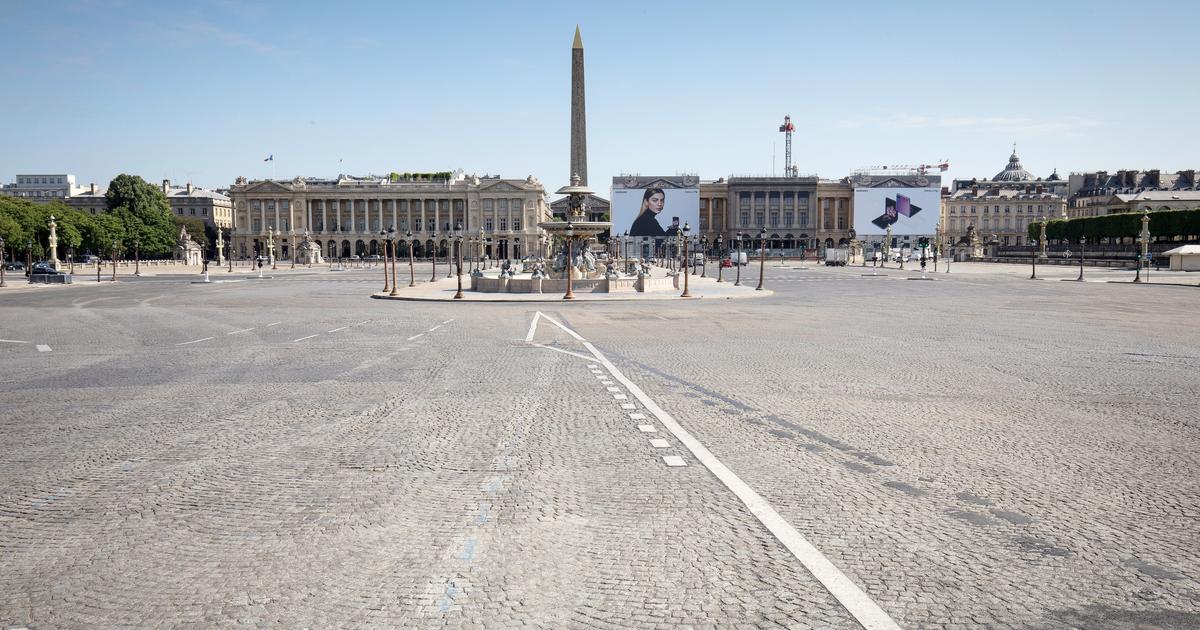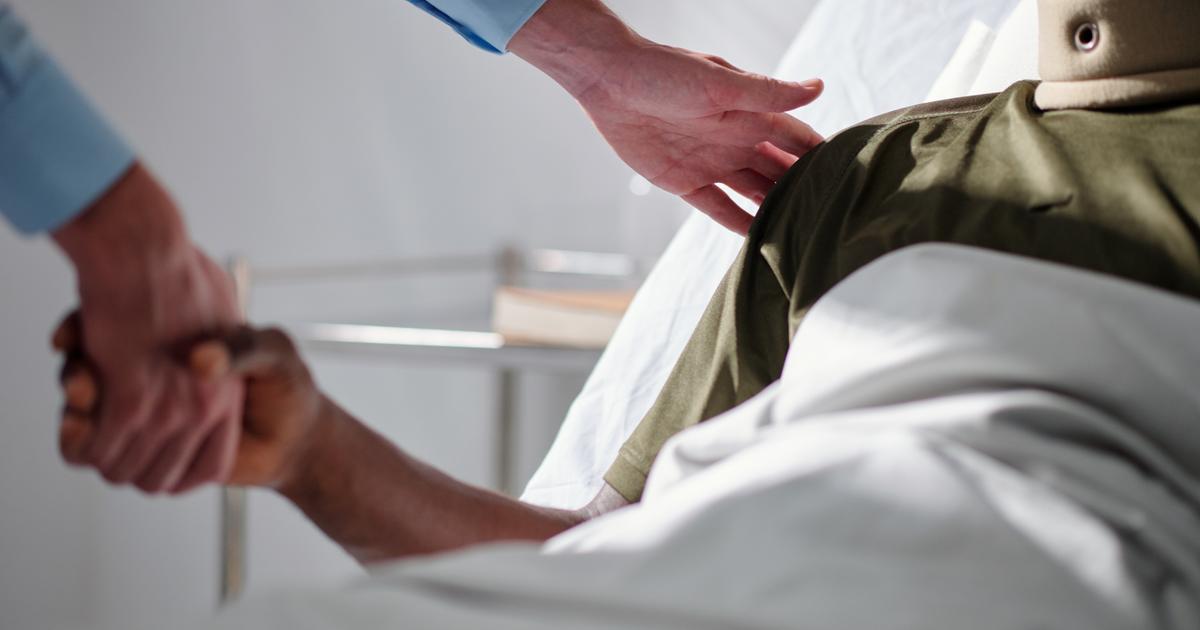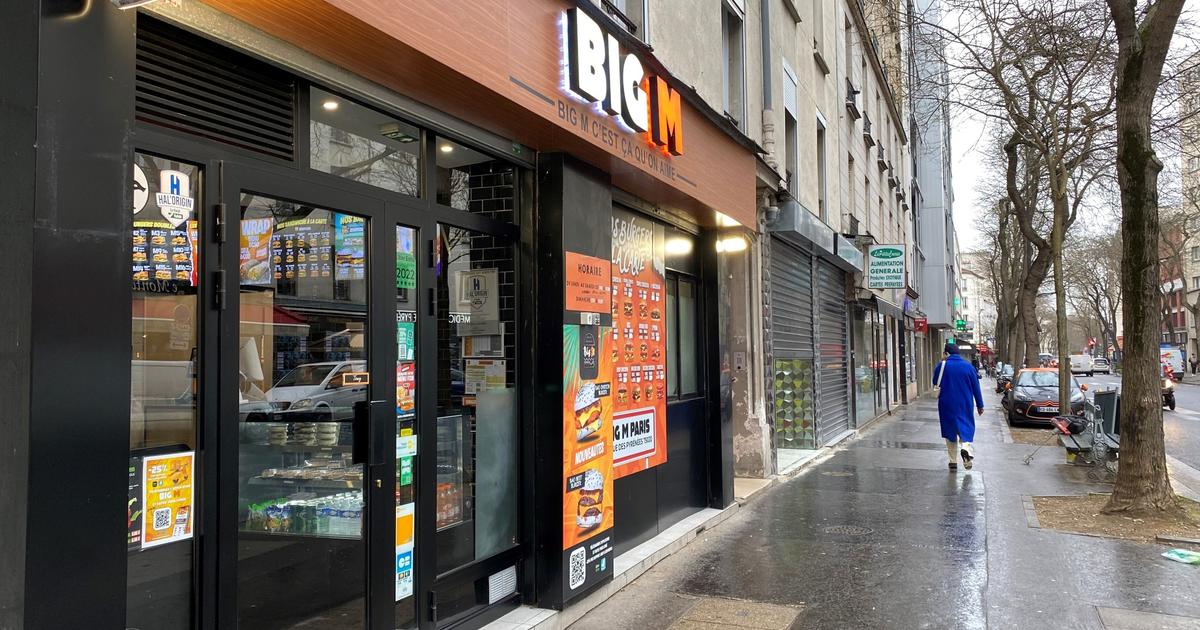"It is not only Mayotte that should take an example from the Metropolis, perhaps the Metropolis should take an example from Mayotte," smiles Madi Souf, mayor of Pamandzi and president of the Mayotte Association of Mayors.
In this French department of the Indian Ocean, the health situation had become explosive with an epidemic of Covid-19 out of control.
After hard confinement throughout the archipelago, the rules have now been relaxed and there are plans to reopen bars and restaurants there on Saturday.
Recipe ?
A hard confinement, similar to that initiated in mid-March, with the closure of schools and all businesses.
The decision was taken on February 4 by the government, as the incidence rate skyrocketed.
The epidemic had worsened with the presence of the South African variant, which had caused up to 930 cases per 100,000 inhabitants.
A few days earlier, the communes of Bouéni, Dzaoudzi-Labattoir and Pamandzi, particularly affected by the epidemic, had already been re-defined.
"All families have been affected"
"Containment had become essential", reminds one to the Regional Health Agency (ARS) of Mayotte.
From 59 hospitalizations at the height of the first wave, in May, the Mahorais archipelago rose to more than triple in February.
Up to 33 patients, in mid-February, were placed in intensive care.
Doctors and nurses from the Army Health Service were even dispatched to the scene as reinforcements, when around 100 patients were evacuated to Reunion.
“In the space of a month, the number of deaths has doubled,” recalls Madi Souf.
The archipelago deplores 115 deaths from Covid-19, against 41 at the start of the year.
Figures of which the Mahorais - numbering 270,000 - quickly perceived the reality: "The population realized that it affected their family, their grandfather, their grandmother," explains Rachika Said Ali, communications officer at the ARS.
Everyone knows someone who has been affected by the virus, it may have helped to respect the rules.
"All families have at least once been directly or indirectly affected by the Covid-19", confirms Madi Souf.
While the closure of schools remains taboo in Metropolitan France, the government only wishing to use it as a last resort, schools were all closed in Mayotte from the start of confinement.
"Without this, we would not have had the same result," said Henri Nouiri, departmental secretary of SNES-FSU.
Schools are participating in one way or another in the rise of the virus.
"" It is a measure that many asked, "we also remind the ARS.
A fall in contamination
After a peak in the incidence rate on February 18, Mayotte has gradually seen contamination drop, leading to a drop in the number of people hospitalized.
From 930 cases per 100,000 inhabitants on that date, this rate dropped to just under 500 a week later, then 300 two weeks later, before falling below the incidence rate for the whole of France a few days later.
Raised to nearly 30%, the test positivity rate fell to 8%.
Does Mayotte owe only its good figures to confinement?
This is not the opinion of the deputy (LR) of the Mansour Kamardine department.
"I think that the fact that we are mounted on a high plateau allowed us to reach a certain level of collective immunity", he explains to the Parisian.
And the elected official to stress the importance of vaccination.
As of Wednesday, nearly 12,000 doses of the Covid-19 vaccine had been injected, of which nearly 3,500 had received two.
The ARS plans to open vaccination on Saturdays to all adults in order to speed up the campaign.
A "gradual" exit from confinement
On March 10, the prefecture of Mayotte decided on a "gradual exit from confinement", after "having obtained the agreement of the government".
"The confinement made it possible to win a first battle against this particularly severe epidemic wave," she writes.
From March 15, schools were able to reopen in half-gauge, and mosques and churches one day a week.
All the businesses, which had been closed, were also able to reopen.
The curfew, initially maintained at 6 p.m., changed to 8 p.m. a week later.
Thursday, less than two months before the start of confinement, it is a "new stage" announced by the prefecture of Mayotte.
Bars and restaurants will be able to reopen on Saturday, helped by a curfew which passes at 10:30 pm "It will make people jealous in Metropolitan France", jokes Madi Souf.
On Monday, schools will reopen at full capacity.
The prefecture could even announce, in the coming days, a complete reopening of places of worship and the total lifting of the curfew.
Coronavirus Newsletter
Update on the Covid-19 epidemic
Subscribe to the newsletterAll newsletters
Mayotte now has one of the lowest incidence rates in France, with 95 cases per 100,000 inhabitants (against 325 for France, up to 736 in Seine-Saint-Denis).
“It is not over, however, we explain to the ARS.
We have made a lot of effort, we must remain vigilant not to have done all this for nothing.
The situation remains fragile in the hospital, although it is not commensurate with the worst moment of the crisis: 71 people are still hospitalized, including 16 in intensive care.
Henri Nouiri is convinced: “Mayotte should be an example to follow.
"




/cloudfront-eu-central-1.images.arcpublishing.com/prisa/BUA2NNBCCBACHEPXXR6NIRKCA4.jpg)




